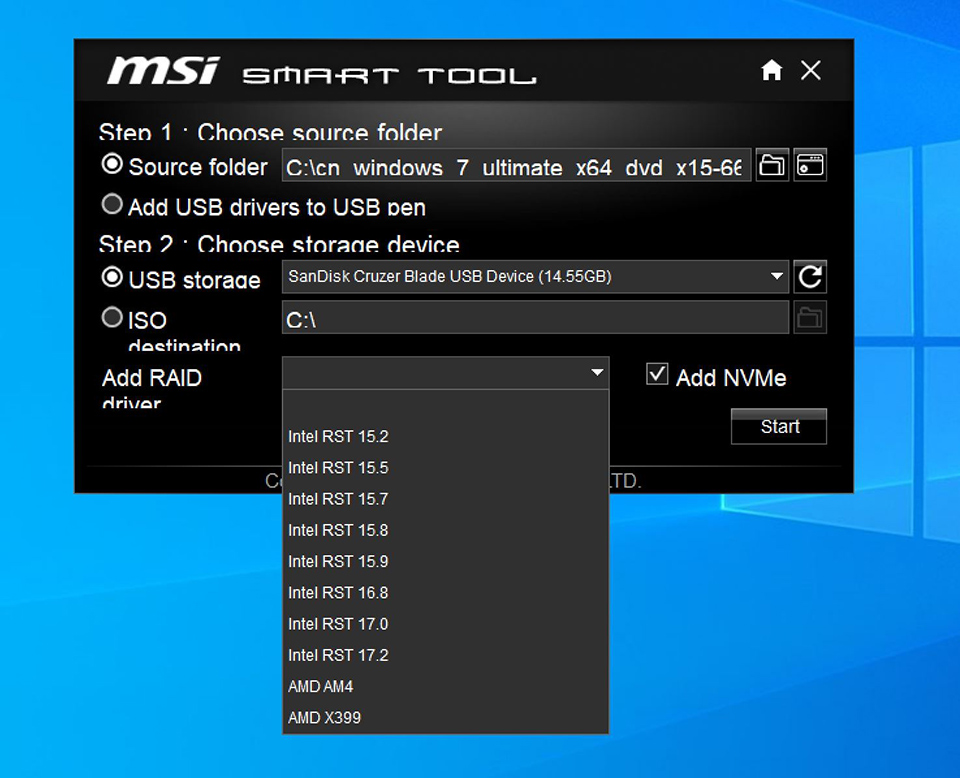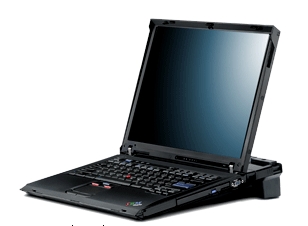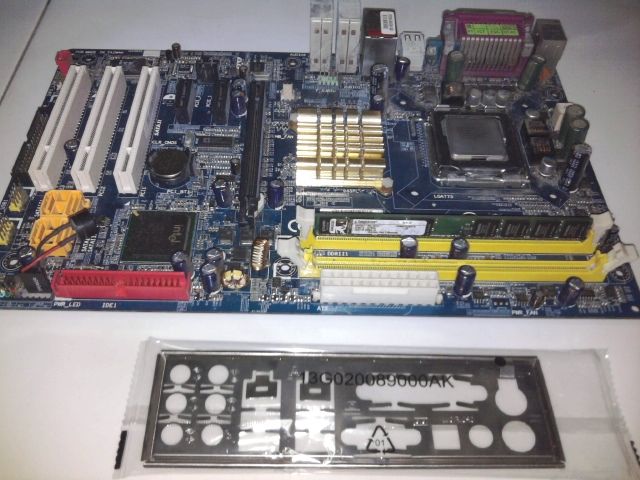- A Quick Start for installing a USB drive is available. This solves the very common case of installing a single USB drive onto your OpenWrt device.
- If the Quick Start doesn't address your question, you can install USB drivers manually. Background information about the different USB host controller interfaces (OHCI, UHCO, EHCI) is given in a Wikipedia article. Please refer to your device documentation to find out which USB driver version your device needs.
In Control Panel, open Devices and Printers. Click Add a Printer (on the top). A window will come up that is searching for printers on the network. Click Stop, then click The printer I want isn't listed. Click Add a local printer or network printer with manual settings. Click Create a new port. Select Local Port for Type of port. 5G Indoor Router. Latest Products ZTE Axon 11 4G ZTE Axon 10 5G. Download the driver that you would like to install under Software Download. After the download is complete, open and install the package. After the download is complete, open and install the package. If you are using an Honor computer, visit the official Honor website ( ), enter your product name, and follow onscreen instructions to download and install the driver or the firmware. Try also all older drivers from Update Driver Browse Let Me Pick list working backwards. To get internet to update driver try plugging in by ethernet cable. 3) We see a lot of USB problems here and one of the fixes that works sometimes is to uninstall all of the USB category drivers in Device manager, restart the PC to reinstall them.
.jpg)

To install USB Drivers Manually
- Start with refreshing the list of available packages
- Obtain a list of already installed USB packages:
Result: Free video driver windows 10.
- Install the USB core package (all USB versions), if the previous list-output does not list it:
- Install the USB storage package (all USB versions), if the previous list-output does not list it:
- To install USB 1.1 drivers, first try the UHCI driver:
If this fails with an error “No such device”, try installing the alternative OHCI driver for USB 1.1:
Someone would have to verify this insmod uhci command as inconsistent with the installed package - ohci package vs. uhci insmod command
(to remove non-working drivers, use opkg remove. Note: If both OHCI And UHCI drivers fail, then you do not have USB 1.1)
- To install USB 3.0 drivers:
- To install support for UASP aka USB Attached SCSI (supported by many USB drives and drive enclosures, especially if USB 3.0. It enhances performance if it's supported by both the drive and the host controller in your device):
NOTES:
- Some devices (e.g. Asus WL-500g router, brcm47xx) additionally need the kmod-usb2 module (even though they only have an USB 1.1 controller)
- Some devices (e.g. NLSU2,LinkSys WRT54G3GV2) additionally need the following packages:
Troubleshooting USB Drivers
Diagnostics using dmesg
Most firmware images already have USB or SATA support integrated in the default profile/image, so it should not be necessary to install additional packages.
To check, if USB support in included and if connected USB devices get detected:
1. Execute dmesg in the terminal, note its output. These are “driver messages”, events related to hardware being connected/started or disconnected/shut-down.
2. Now connect your external storage device, wait a few seconds and then execute dmesg on the terminal again.
3. If USB drivers are active and your device has successfully been recognized, you will notice that additional log output has been added at the end.
Here is an example of the dmesg text about an USB device being connected and properly recognized.
If your log output does not show USB-related output like this, please check that you have the right drivers and report this as a bug in the bugtracker
Diagnostics using lsusb
Further diagnostics information about connected USB drives can be obtained, when installing the optional 'usbutils' package:
This package installs the lsusb command that will output information of the router-built in USB-hub and connected USB-devices. The following example was run on a router with a single USB port. lsusb has recognized USB 2.0 and 3.0 support on this port and a connected device consisting of an USB-to-SATA-disk-bridge from ASMedia. Since this device is listed with the same bus-ID as the 3.0 hub, the USB-harddisk obviously is connected via the USB 3.0 protocol:

The command lsusb -t reveals, if your personal combination of device, OpenWrt firmware and external USB drive supports the newer and slightly faster USB 3.0 UASP Extension (USB Attached SCSI Protocol) or the older USB 3.0 block driver:
In this example, device 3 (“Driver=uas”) is UASP-capable, while device 5 (“Driver=usb-storage”) is not.
On USB storage device problems, pay attention to the “Driver” output of lsusb -t. If it returned something like
instead of
then OpenWrt has recognized the attached USB storage device, but does not have an USB-Storage driver installed yet. In this case you will need to install USB storage drivers first:
Diagnostics using cat
If you are truly out of options, you can use cat, thanks to linux's “everything is a file” feature, you can look over usb debug information:
Global Wireless Port Devices Drivers
You can piece enough information from this output for diagnostics.
Device Wireless Manager

Find Wireless Device Drivers
